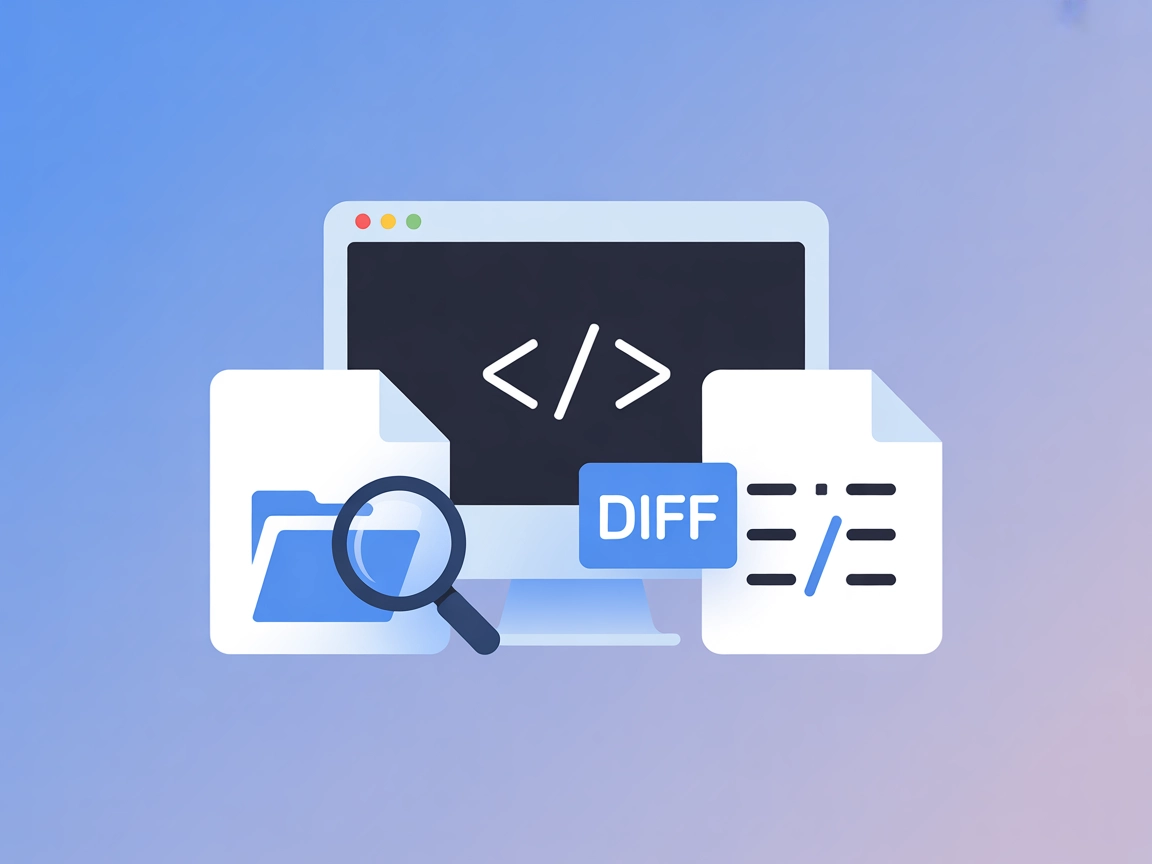
Model Context Protocol (MCP) Server
The Model Context Protocol (MCP) Server bridges AI assistants with external data sources, APIs, and services, enabling streamlined integration of complex workfl...

Remotely automate and control macOS desktops through AI agents, seamlessly and securely, with no extra installs required.
The “Remote MacOs Use” MCP Server is an open-source Model Context Protocol (MCP) server designed to allow AI agents to gain full control over remote macOS systems. Acting as a bridge between AI assistants (such as Claude Desktop App) and the underlying macOS environment, this server enables tasks that traditionally require direct system access—such as file management, application control, and remote automation—without the need for extra API keys or additional software installation. It is positioned as a direct alternative to solutions like OpenAI Operator and is optimized for autonomous AI agents, making it possible to execute complex desktop operations securely and efficiently from anywhere. This enhances developer workflows by seamlessly integrating external macOS capabilities into AI-driven processes.
No prompt templates were found in the available repository documentation or files.
No explicit MCP resources were documented in the repository or in accessible files.
No explicit list of tools (such as those in a server.py) was found in the repository structure or documentation.
Ensure you have Node.js and the latest version of Windsurf installed.
Locate the Windsurf configuration file (commonly windsurf.config.json).
Add the Remote MacOs Use MCP Server to the mcpServers section:
{
"mcpServers": {
"remote-macos-use": {
"command": "npx",
"args": ["@remote-macos-use/mcp-server@latest"]
}
}
}
Save the configuration file and restart Windsurf.
Verify in Windsurf UI that the MCP server is active.
Securing API Keys (example using environment variables):
{
"mcpServers": {
"remote-macos-use": {
"command": "npx",
"args": ["@remote-macos-use/mcp-server@latest"],
"env": {
"SOME_SECRET_KEY": "${{ secrets.SOME_SECRET_KEY }}"
},
"inputs": {
"api_key": "${{ secrets.SOME_SECRET_KEY }}"
}
}
}
}
Install Claude Desktop App and ensure Node.js is available.
Open Claude’s configuration panel or file.
Add the MCP server under the mcpServers or similar section:
{
"mcpServers": {
"remote-macos-use": {
"command": "npx",
"args": ["@remote-macos-use/mcp-server@latest"]
}
}
}
Save and restart Claude.
Confirm the server is connected via Claude’s interface.
Ensure Cursor and Node.js are installed.
Find the Cursor configuration file (often cursor.config.json).
Add the MCP server configuration:
{
"mcpServers": {
"remote-macos-use": {
"command": "npx",
"args": ["@remote-macos-use/mcp-server@latest"]
}
}
}
Save and relaunch Cursor.
Check that the server appears in Cursor’s MCP server list.
Install Cline and ensure Node.js is set up.
Open or create the Cline configuration file.
Insert the MCP server configuration block:
{
"mcpServers": {
"remote-macos-use": {
"command": "npx",
"args": ["@remote-macos-use/mcp-server@latest"]
}
}
}
Save the file and restart Cline.
Visit the Cline dashboard to verify the MCP server connection.
Using MCP in FlowHunt
To integrate MCP servers into your FlowHunt workflow, start by adding the MCP component to your flow and connecting it to your AI agent:
Click on the MCP component to open the configuration panel. In the system MCP configuration section, insert your MCP server details using this JSON format:
{
"remote-macos-use": {
"transport": "streamable_http",
"url": "https://yourmcpserver.example/pathtothemcp/url"
}
}
Once configured, the AI agent is now able to use this MCP as a tool with access to all its functions and capabilities. Remember to change “remote-macos-use” to whatever the actual name of your MCP server is and replace the URL with your own MCP server URL.
| Section | Availability | Details/Notes |
|---|---|---|
| Overview | ✅ | Overview and main function described in README |
| List of Prompts | ⛔ | No prompt templates found |
| List of Resources | ⛔ | No explicit MCP resources documented |
| List of Tools | ⛔ | No explicit tool list found |
| Securing API Keys | ✅ | Example given in setup instructions |
| Sampling Support (less important in evaluation) | ⛔ | No info found |
Based on the available documentation, “Remote MacOs Use” MCP provides a unique and practical solution for remote macOS control, but lacks some advanced MCP documentation elements (like prompt templates, tools, and resources) that would make integration even more robust. Its open approach and clear use cases are a plus, but more technical detail would be useful for developers.
| Has a LICENSE | MIT |
|---|---|
| Has at least one tool | ⛔ |
| Number of Forks | 20 |
| Number of Stars | 135 |
Overall, I would rate this MCP server a 6/10. It is innovative and practical, with clear utility and a strong open-source foundation, but lacks comprehensive MCP documentation and technical detail for deeper integration.
It’s an open-source Model Context Protocol (MCP) server that lets AI agents securely control and automate remote macOS systems—handling files, launching apps, and orchestrating developer environments without extra installation.
Common uses include remote macOS automation, desktop application control, secure file management, social media automation, and remote developer environment orchestration.
It is a direct, open-source alternative to solutions like OpenAI Operator, with no proprietary lock-in, and is optimized for secure, autonomous agent workflows.
No extra installations are required beyond the MCP server and Node.js. API keys are optional, depending on your security requirements.
Add the MCP component to your flow, open its configuration panel, and specify your MCP server details in JSON. Your AI agent will then have access to remote macOS control features.
Empower your AI agents to manage, automate, and orchestrate remote macOS desktops—securely, efficiently, and with zero friction.
The Model Context Protocol (MCP) Server bridges AI assistants with external data sources, APIs, and services, enabling streamlined integration of complex workfl...
The iMCP MCP Server bridges AI assistants with your Mac's native apps, providing secure access to Messages, Contacts, Calendar, Reminders, Weather, Maps, and mo...
DesktopCommander MCP Server empowers AI assistants like Claude with direct desktop automation, providing secure terminal control, file system search, and diff-b...
Cookie Consent
We use cookies to enhance your browsing experience and analyze our traffic. See our privacy policy.


